

Join the Newsletter
Dive into quick, nutritious recipes, expert health tips, local food finds, and the latest in nutrition. Let’s explore healthier living together!
From Sparse to Stunning: Revolutionary Hair Growth Tips You Haven’t Tried
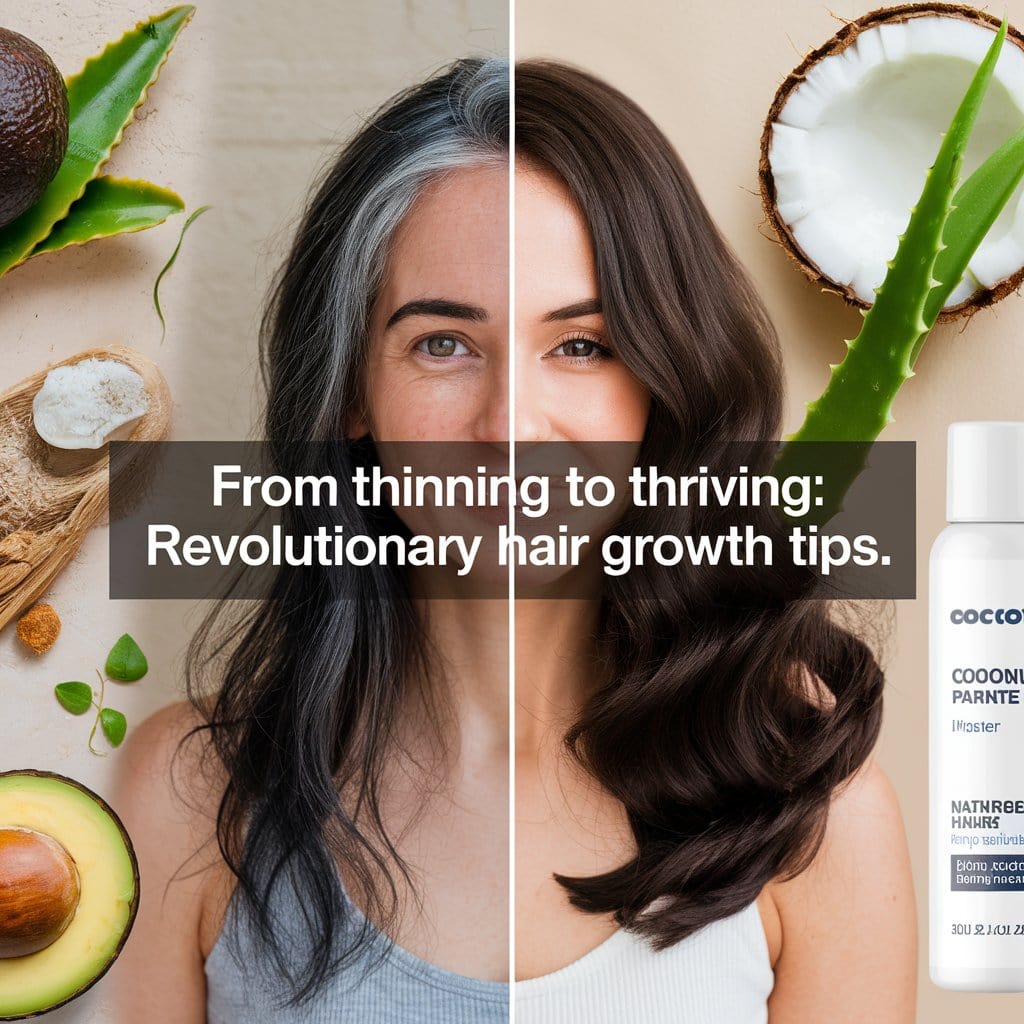
Affiliate Disclosure
Before reading this post, please be aware that some links in this article are affiliate links. This means that if you click on one of these links and make a purchase, we may earn a commission at no additional cost to you. We only promote products and services that we believe will be beneficial to our readers.
For more information, please read our full Affiliate Disclosure.
Introduction
Dealing with hair loss can be frustrating, often leaving you feeling hopeless and unsure of how to fix it. With so many hair growth products on the market, it’s easy to feel overwhelmed, especially when many fail to deliver on their promises. But what if there are hair growth strategies you’ve never tried? From tweaking your daily habits to harnessing the power of natural ingredients, these revolutionary hair growth tips can help you turn your thinning hair into a full, beautiful mane.
How Hair Growth Works
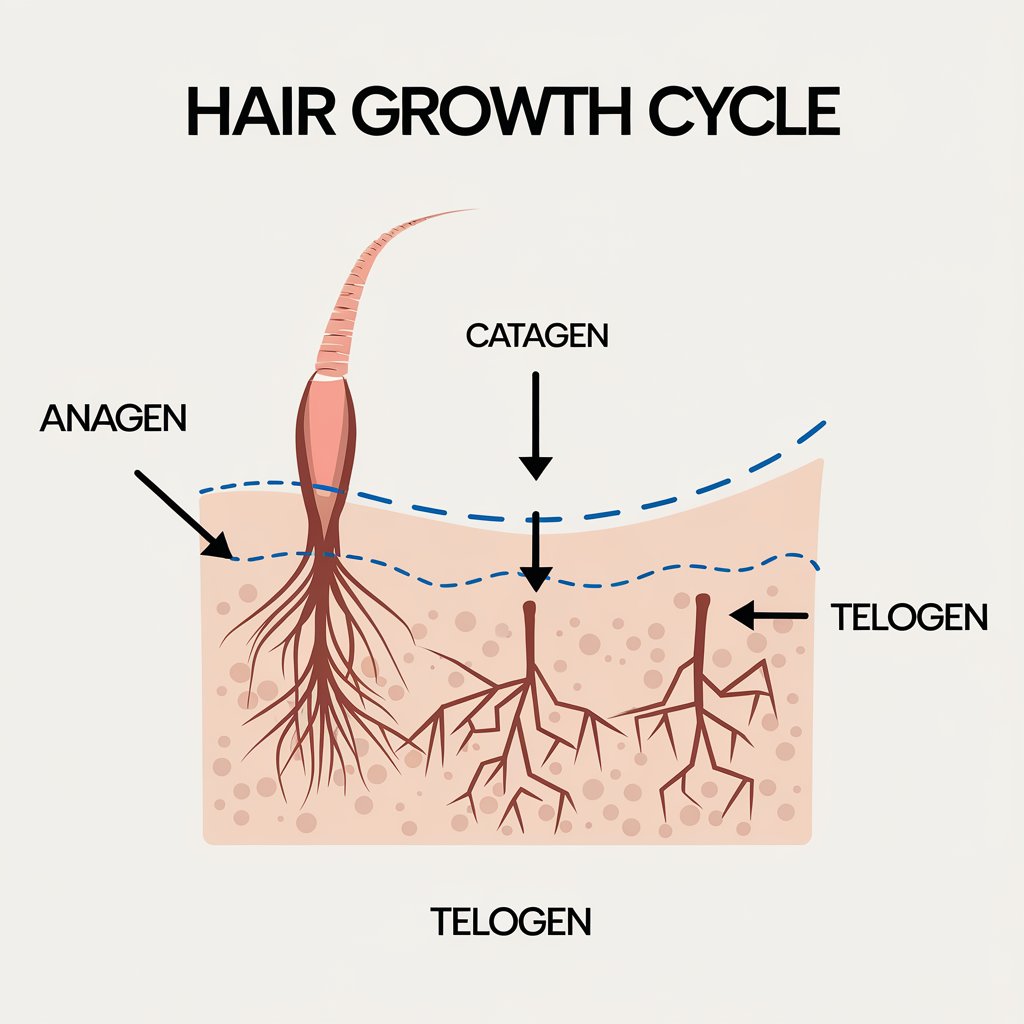
To make a difference in your hair growth, it’s important to first understand the process. Hair grows in cycles, consisting of the anagen (growth) phase, the catagen (transitional) phase, and the telogen (resting) phase. Each hair strand goes through these stages independently, which is why we don’t lose all our hair at once. Factors such as age, genetics, and overall health can influence these cycles and impact hair growth.
The Science Behind Hair Growth
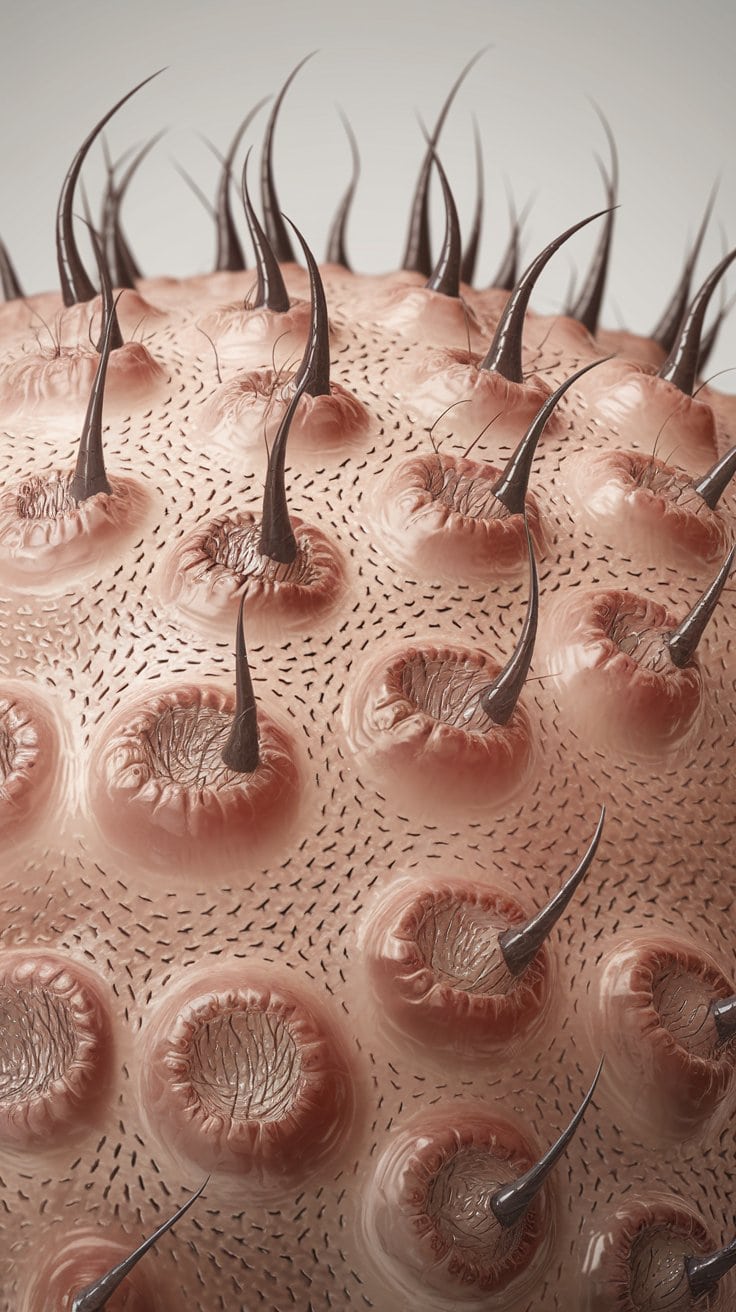
The Role of Genetics in Hair Growth
Genetics is a key player in determining your hair’s growth patterns, thickness, and texture. If your parents had thinning hair, there’s a good chance you might experience the same. However, while genetics lay the groundwork, other factors can influence your hair’s health.
Hormonal Impact on Hair Health
Hormones, such as androgens, are crucial for regulating hair growth. Imbalances in these hormones, which can occur during events like pregnancy, menopause, or conditions like polycystic ovary syndrome (PCOS), can lead to hair thinning or loss. Keeping your hormones balanced is essential for maintaining strong, healthy hair.
Common Reasons for Hair Loss
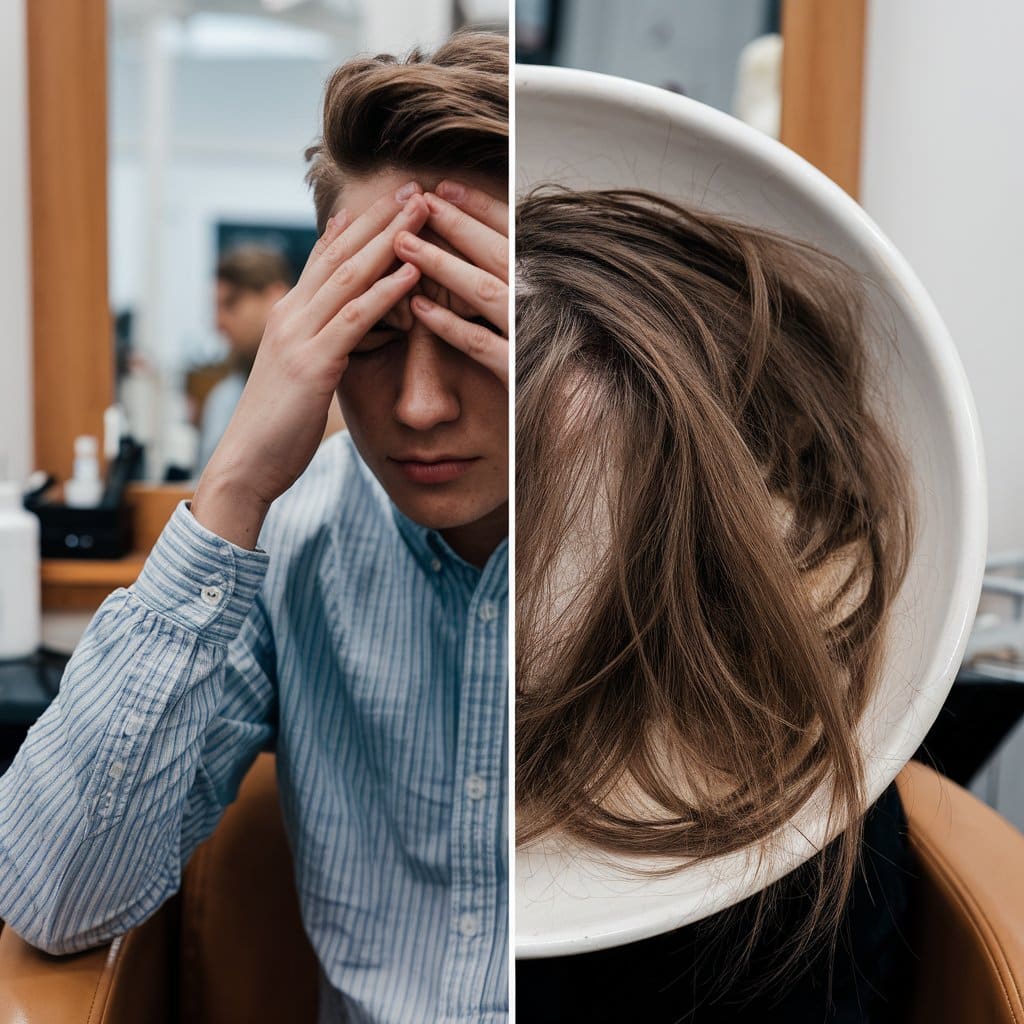
The Effects of Stress on Hair Loss
Stress is a major culprit behind hair loss. It triggers a condition known as telogen effluvium, where hair follicles prematurely enter the resting phase, leading to increased hair shedding. Managing stress through mindfulness practices, exercise, and adequate sleep can significantly reduce hair loss.
How Nutritional Gaps Lead to Hair Thinning
The quality of your diet significantly impacts the condition of your hair. Lacking key nutrients like iron, vitamin D, and zinc can weaken hair strands, causing them to break and fall out. Incorporating a nutrient-rich diet can provide the building blocks needed for hair growth.
Environmental Impacts on Hair Health
Pollution, UV exposure, and harsh weather conditions can damage hair, making it brittle and prone to breakage. Protecting your hair by wearing hats, using UV protection sprays, and avoiding exposure to pollutants can help maintain its health.
Scalp Health and Its Importance
The Connection Between a Healthy Scalp and Hair Growth
A well-nourished scalp is essential for promoting vibrant and healthy hair. Problems such as dandruff, excess oil, and clogged pores can hinder hair growth. Keeping the scalp clean and well-nourished ensures that hair follicles can function optimally.
Advice for Keeping Your Scalp Fresh and in Good Condition
Regular scalp exfoliation, using mild shampoos, and avoiding harsh chemical treatments can keep your scalp in good condition. Incorporating scalp massages with oils like tea tree oil can also boost circulation, promoting hair growth.
Cutting-Edge Hair Growth Techniques
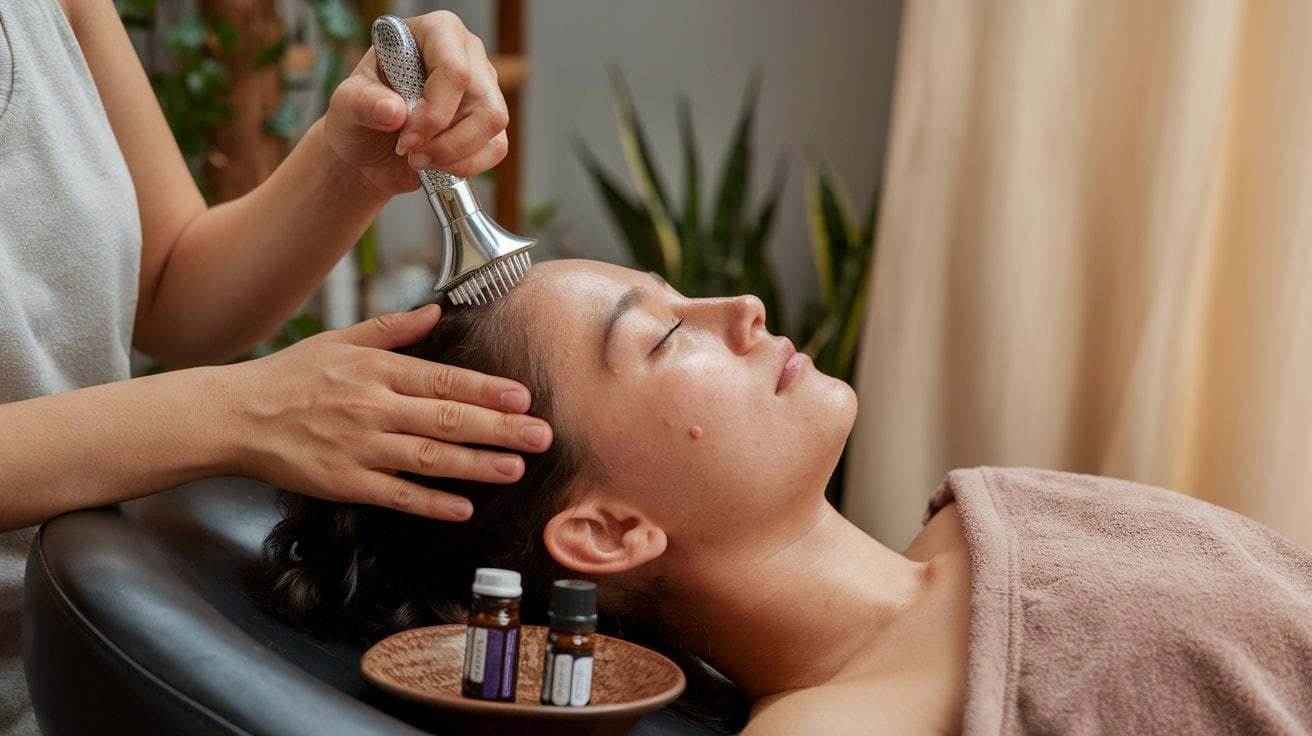
Utilizing Essential Oils for Hair Health
Essential oils like rosemary, peppermint, and lavender are known to enhance hair growth. They work by improving blood circulation in the scalp, ensuring hair follicles receive the nutrients they need.
Techniques for Scalp Stimulation and Massages
Incorporating scalp massages into your daily routine can significantly improve hair growth. Gently massaging your scalp with your fingertips for about 5-10 minutes a day increases blood flow, helping to nourish hair follicles.
Natural Ingredients That Promote Hair Growth
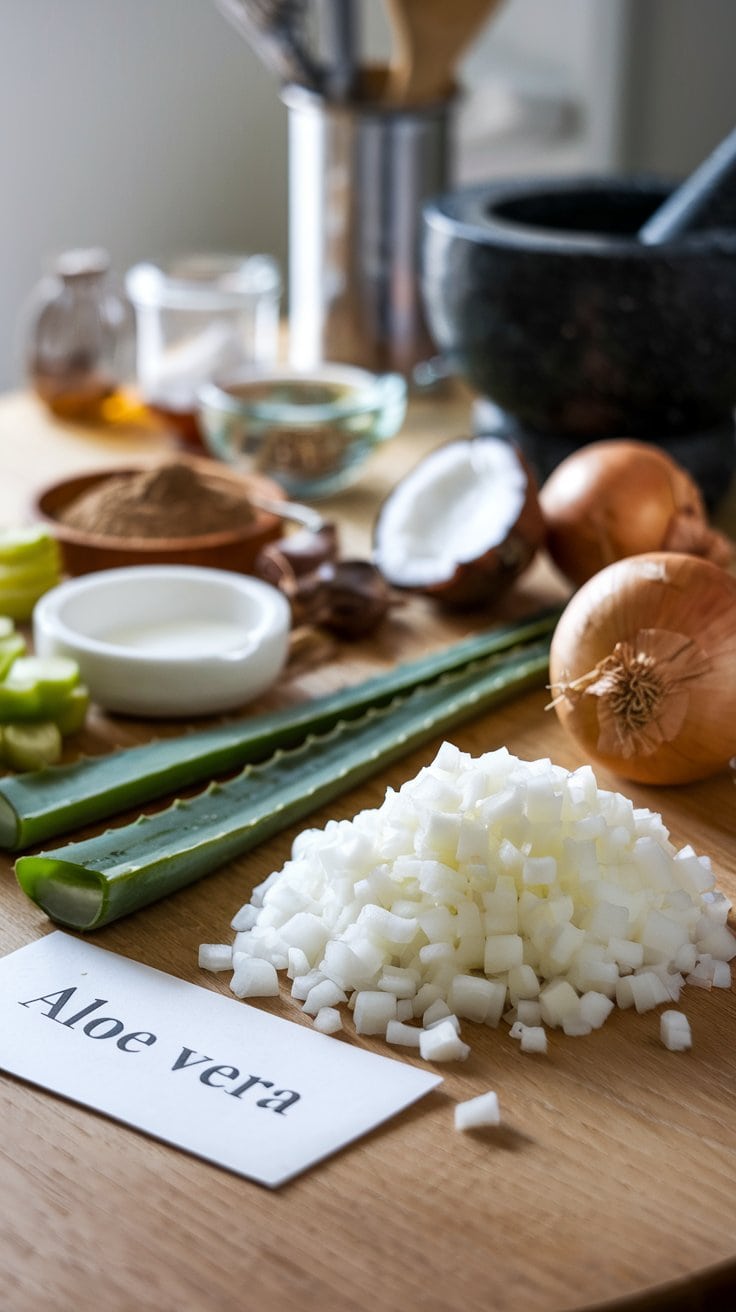
Benefits of Using Aloe Vera
Aloe vera is celebrated for its natural calming effects on the skin. It helps reduce dandruff and cleanses the scalp, creating an environment conducive to hair growth. Applying fresh aloe vera gel directly to the scalp and leaving it on for about 30 minutes can show beneficial results.
The Advantages of Coconut Oil
Rich in fatty acids, coconut oil penetrates the hair shaft to reduce protein loss, strengthening the hair from within. Regular application of coconut oil can lead to shinier, healthier hair.
The Surprising Effectiveness of Onion Juice
Despite its strong smell, onion juice is packed with sulfur, which boosts collagen production and enhances hair growth. Applying onion juice to the scalp twice a week can significantly improve hair density.
Nutrition and Hair Growth
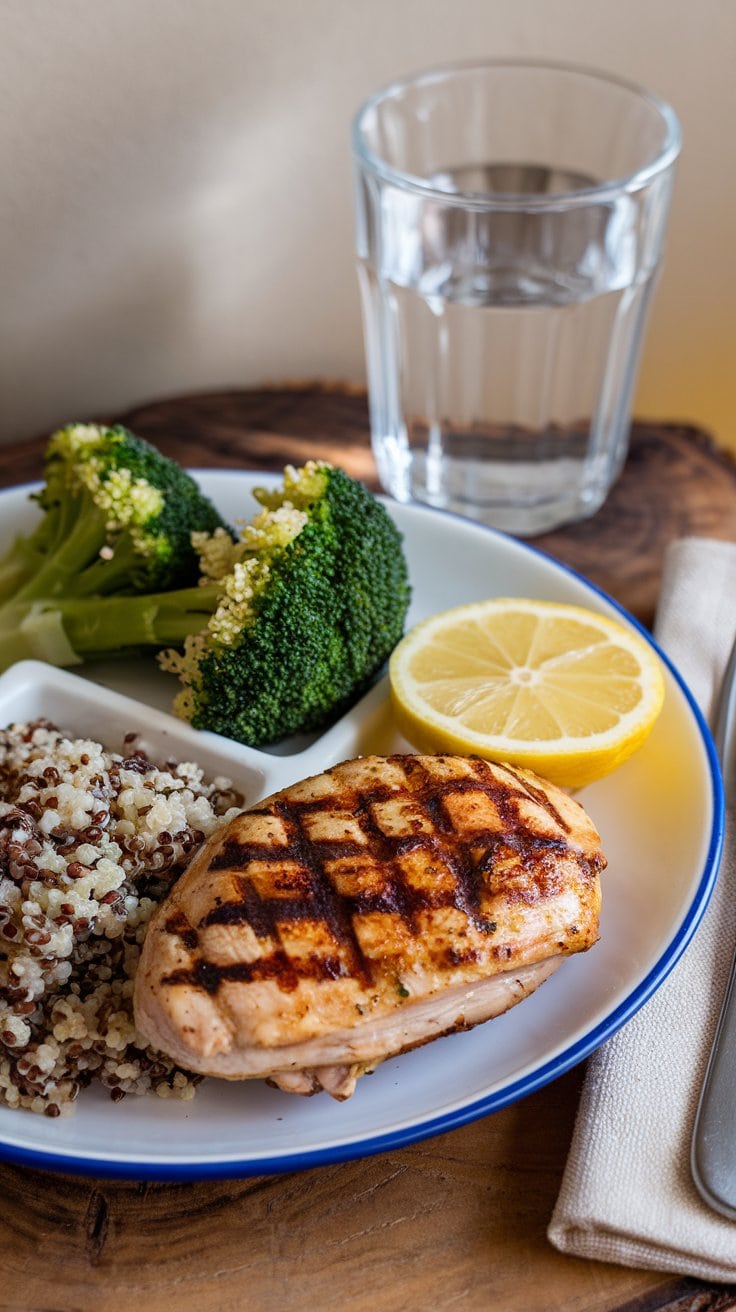
The Significance of a Balanced Diet
Your diet acts as the fuel for your hair growth. Consuming a balanced diet that includes proteins, healthy fats, and vitamins is essential for nourishing hair follicles and promoting growth.
Essential Vitamins and Minerals for Hair Health
Key nutrients like vitamins A, C, D, and E, along with minerals such as iron and zinc, are crucial for hair growth. Incorporating foods like leafy greens, nuts, and eggs can help meet these nutritional needs.
Food tips That Naturally Encourage Hair Growth
Eating foods rich in omega-3 fatty acids, like salmon, and those high in vitamin E, such as avocados, can significantly enhance hair health. A diet that includes lean proteins, whole grains, and a variety of fruits and vegetables can support hair growth.
Role of Supplements in Hair Growth
How Biotin Supports Hair Health
Biotin, also known as vitamin B7, is widely recognized for promoting hair growth. It helps convert nutrients into energy and plays a vital role in maintaining hair, skin, and nails.
The Benefits of Collagen Supplements
Collagen, a protein abundant in our body, provides structure to hair. Collagen supplements can improve hair strength, elasticity, and growth by supplying essential amino acids.
Other Beneficial Hair Growth Supplements
Supplements containing ingredients like saw palmetto, zinc, and folic acid are known to support hair health. However, it’s recommended to consult with a healthcare provider before starting any new supplement regimen.
Innovative Products for Hair Growth
Introduction to Hair Growth Serums
Hair serums formulated with ingredients such as peptides, keratin, and hyaluronic acid can help boost hair thickness and density. Regular application can result in significant enhancements to hair texture.
Choosing the Right Hair Growth Shampoo
Shampoos designed for hair growth typically contain active ingredients that target the scalp and hair follicles. Look for shampoos with biotin, caffeine, and niacin to help stimulate growth.
Laser Devices for At-Home Hair Growth
Low-level laser therapy (LLLT) in laser hair growth devices activates hair follicles to encourage new growth.These devices are becoming popular for their ease of use and non-invasive nature.
Lifestyle Adjustments tips for Better Hair Growth

Stress Management for Healthy Hair
Finding effective ways to manage stress is crucial for preventing hair loss. Techniques such as yoga, meditation, and deep breathing exercises can help keep stress levels in check.
Benefits of Regular Exercise for Hair Growth
Exercise improves blood circulation, which helps deliver nutrients to hair follicles. Regular physical activity not only benefits your overall health but also contributes to healthier hair.
The Role of Adequate Sleep
Getting enough sleep is vital for hair growth, as it allows the body to repair and regenerate. Aim for 7-9 hours of quality sleep per night to support healthy hair growth.
Optimal Hair Care Routine
Frequency of Hair Washing
Frequent washing of your hair can deplete its natural oils, causing it to become dry and prone to breakage. For the majority of individuals, shampooing two to three times a week is adequate for maintaining clean and healthy hair.
Choosing the Right Hair Brushes
Using the right type of brush can prevent breakage and split ends. Brushes with natural bristles and wide-tooth combs are gentle and help distribute natural oils throughout the hair.
Protecting Hair from Heat Damage
Frequent use of heat styling tools can damage hair and cause it to become brittle. To minimize heat damage, always use a heat protectant spray and avoid high heat settings.
DIY Hair Masks and Treatments
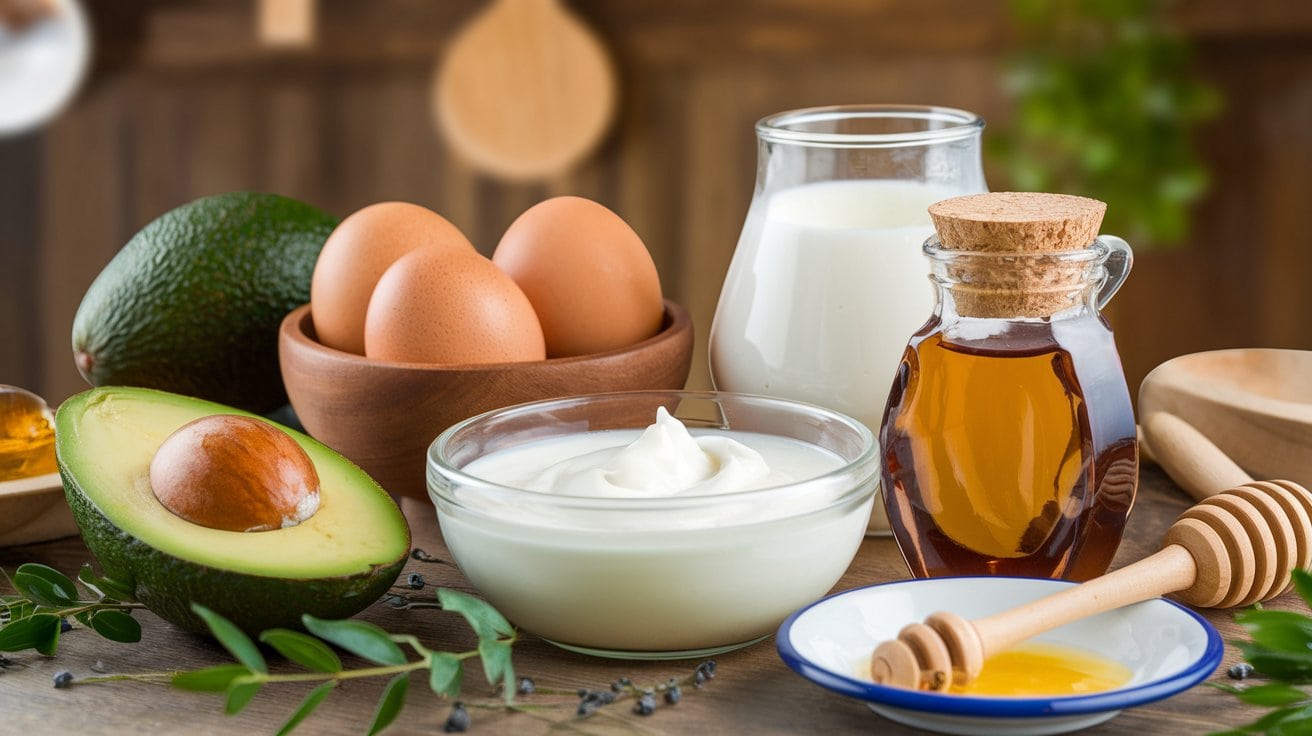
Avocado-Based Hair Mask
Avocados are loaded with beneficial fats and vitamins that support hair health. Mash an avocado and mix it with a tablespoon of olive oil. Apply the mixture to your hair and scalp, leave it on for 20 minutes, and then rinse thoroughly.
Egg and Olive Oil Treatment for Hair
Eggs provide a high level of protein, crucial for maintaining strong hair. Combine one egg with a tablespoon of olive oil, apply it to your hair, and let it sit for 30 minutes before washing out.
Yogurt and Honey Hair Treatment
Yogurt and honey are excellent for moisturizing hair and adding shine. Mix half a cup of yogurt with two tablespoons of honey, apply to your hair, and rinse off after 15 minutes for a natural shine boost.
What to Avoid for Stronger Hair
Harmful Chemicals in Hair Care Products
Many hair care products contain chemicals like sulfates, parabens, and alcohols that can strip your hair of natural moisture. Opt for products that are free of these harsh ingredients to maintain healthy hair.
The Dangers of Over-Styling and Tight Hairstyles
Constantly wearing tight hairstyles can put strain on your hair and scalp, leading to breakage and hair loss. Opt for looser styles to reduce the risk of damage.
The Impact of Smoking on Hair Health
Smoking affects blood circulation, which can hinder the delivery of nutrients to the scalp and hair follicles. Quitting smoking can improve overall health and contribute to better hair growth.
Conclusion
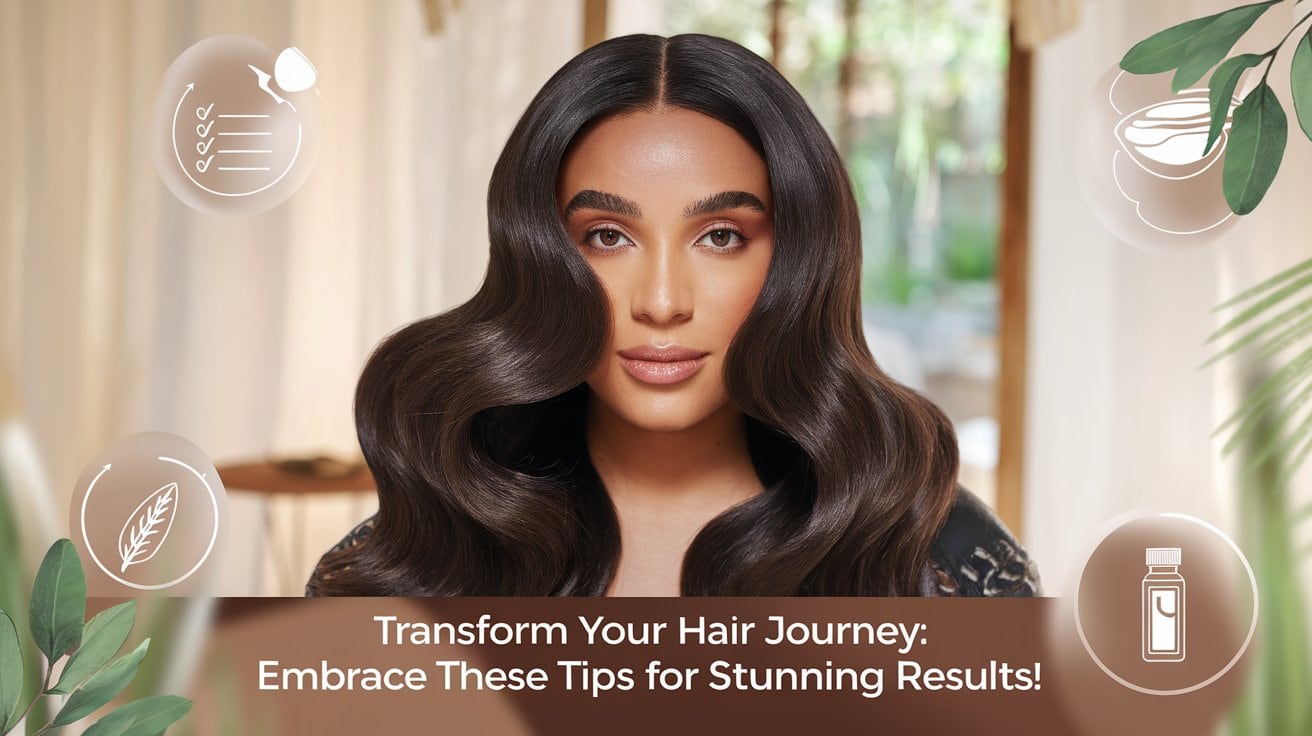
Achieving thick, beautiful hair doesn’t have to be a daunting task. By understanding the basics of hair growth tips and making small changes to your daily habits, you can significantly improve the health of your hair. Whether it’s through the use of natural ingredients, incorporating supplements, or changing your hair care routine, there are plenty of ways to take your hair from sparse to stunning. Start implementing these tips today and watch your hair transform.

Don’t miss out! Read this post to get all the details on How to Modify South Indian Dishes for a Balanced Diet!
FAQs
- What natural remedy works best for hair growth?
Some of the most effective natural remedies for hair growth include aloe vera, coconut oil, and onion juice. These ingredients nourish the scalp and stimulate hair follicles. - What is the typical timeframe to observe results in hair growth?
Results can vary, but with consistent use of these tips, most people notice improvements in hair growth within 3-6 months. - Can diet influence hair growth?
Yes, a healthy diet rich in vitamins, minerals, and proteins is essential for promoting hair growth and maintaining hair health. - Are hair growth supplements safe?
Generally, hair growth supplements are safe when taken as directed. However, it’s advisable to consult with a healthcare professional before starting any new supplements. - How frequently should I trim my hair to encourage growth with tips?
Trimming your hair every 8-12 weeks can help remove split ends and prevent breakage, which contributes to healthier, longer hair.

Welcome to Merge Blog!
Dive into quick, nutritious recipes, expert health tips, local food finds, and the latest in nutrition. Let’s explore healthier living together!

I’m Divya Bharathi, the person behind MergeBlog. I’m a passionate food enthusiast sharing simple, nutritious recipes and tips for a balanced lifestyle. Join me on this delicious journey!
Divya Bharathi
SUBSCRIBE & FOLLOW
MUST-READ ARTICLES
Join the Newsletter
Dive into quick, nutritious recipes, expert health tips, local food finds, and the latest in nutrition. Let’s explore healthier living together!




1 thought on “From Sparse to Stunning: Revolutionary Hair Growth Tips You Haven’t Tried”
Adippolliii